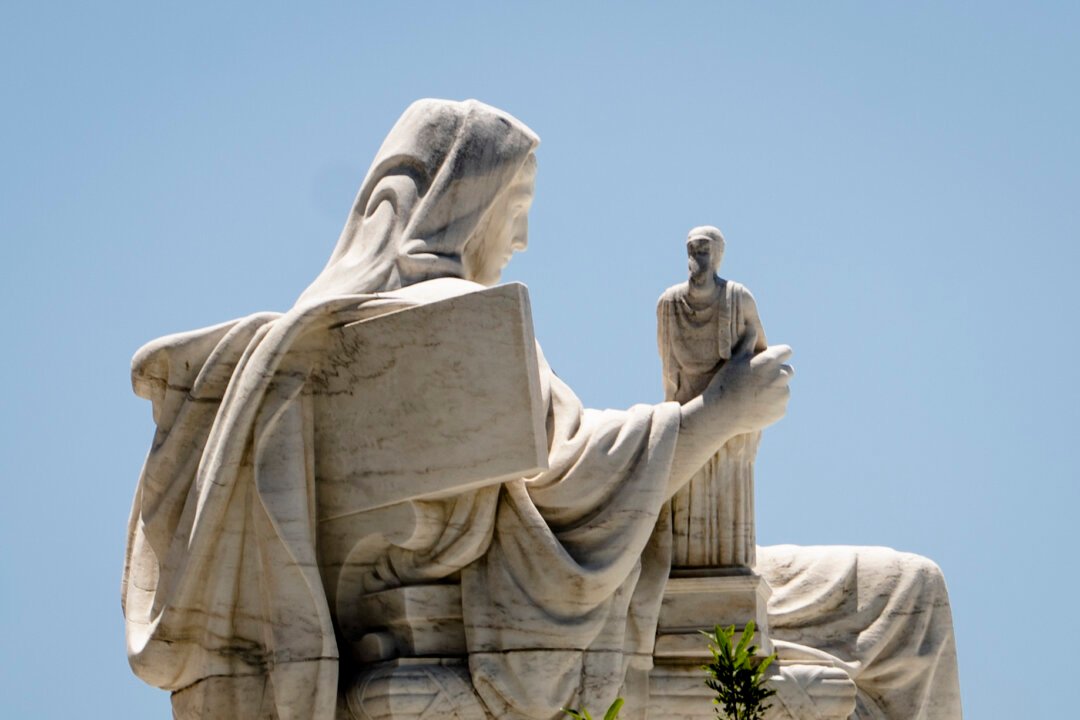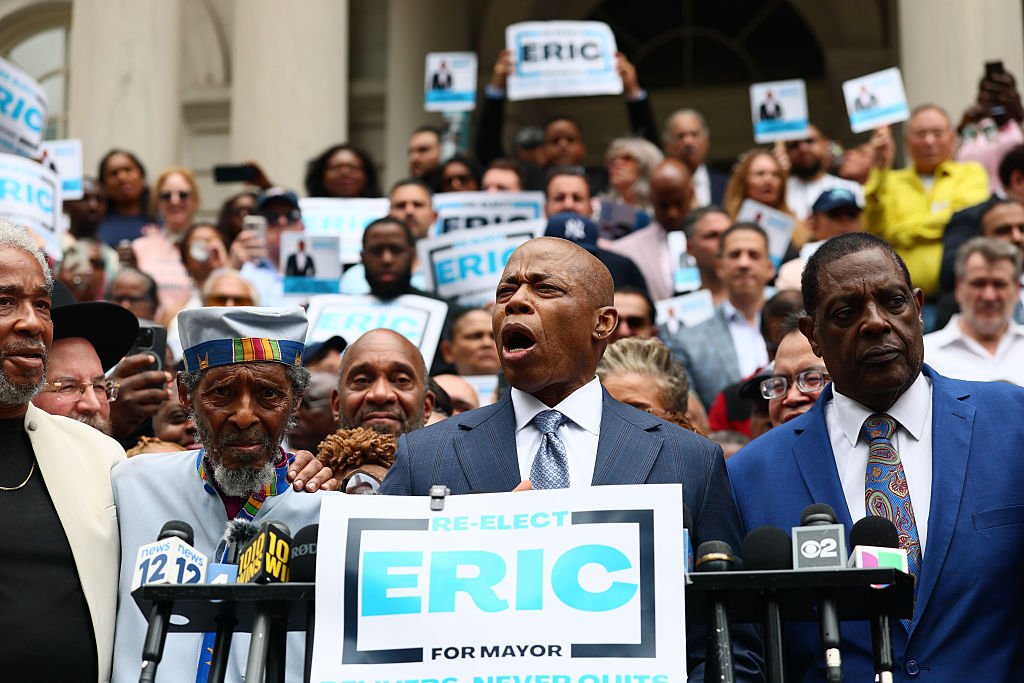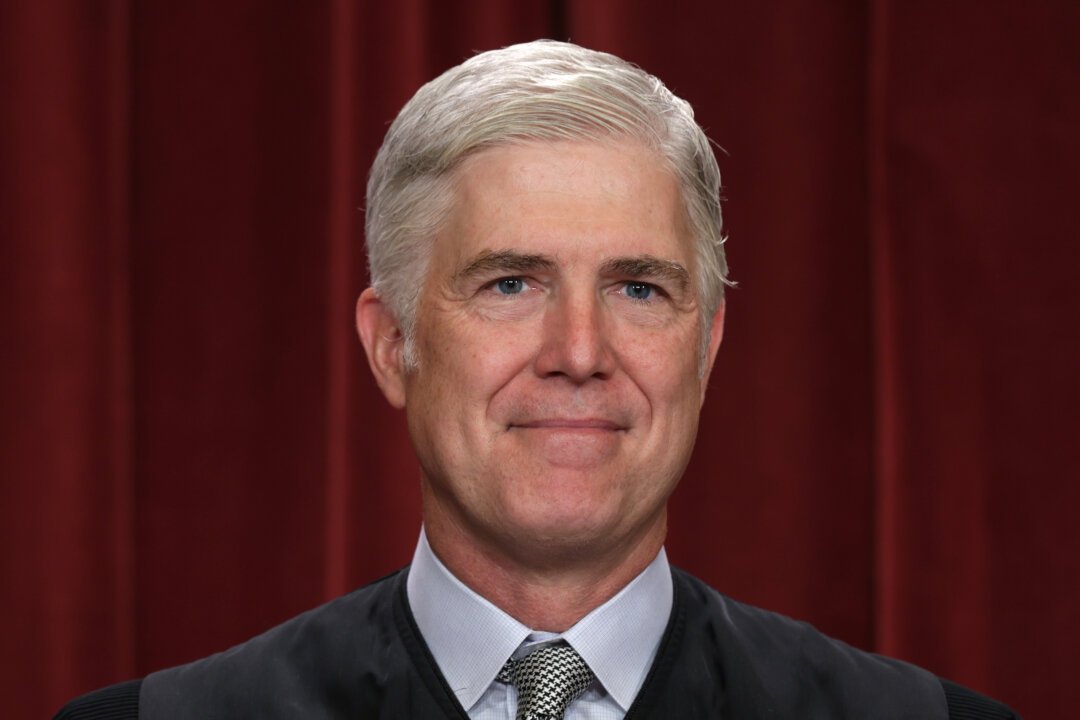
In a landmark 9-0 decision, the U.S. Supreme Court ruled that Wisconsin violated the First Amendment rights of a Catholic charity by denying it an unemployment tax exemption. The case, Catholic Charities Bureau v. Wisconsin Labor and Industry Review Commission, centered on a Wisconsin law granting exemptions to religious organizations meeting specific criteria.
Justice Sonia Sotomayor, authoring the unanimous opinion, highlighted the unconstitutionality of the state’s approach. The law, according to the court, allowed the state to determine which activities constituted “religious work,” effectively imposing a denominational preference and violating the principle of government neutrality between religions.
Catholic Charities argued that the state’s power to define religious work infringed upon their First Amendment rights. The Supreme Court agreed, stating that the Wisconsin Supreme Court’s interpretation of the state statute resulted in an unacceptable level of government intrusion into religious matters. The application of the law, the justices found, didn’t meet the standard of strict scrutiny required in such cases.
This ruling has significant implications for the relationship between government and religious organizations, underscoring the importance of maintaining a clear separation between church and state while upholding the fundamental rights guaranteed by the First Amendment. The decision sets a precedent for future cases involving similar disputes concerning religious exemptions and state regulations.

